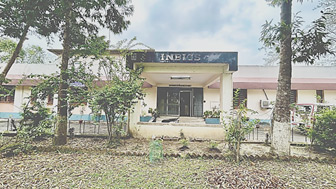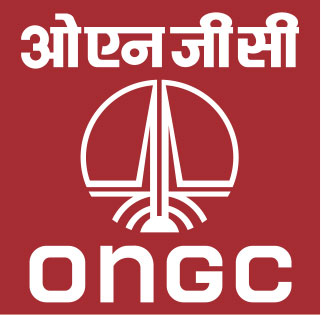
Introduction
Institute of Biotechnology & Geotectonic Studies (INBIGS) was established on 17th May 1989 at Jorhat, Assam. INBIGS is an ISO 9001:2015 certified and a DSIR recognized R&D institute. This Institute is engaged in wide array of studies and applications in areas of petroleum biotechnology especially in the fields of bioremediation of crude oil, geomicrobial hydrocarbon prospecting, microbial enhanced oil recovery (MEOR), bacteriological monitoring of water injection plants and water treatment, molecular biology and geotectonics.
INBIGS is engaged in various collaborative endeavours. These collaborations included partnerships with academic and industrial institutions such as Tezpur Central University for Petroleum Biotechnology research applications, CSIR-NEIST for Membrane-based wastewater treatment studies, and NEHU-Shillong for Magneto Telluric investigations in the Banaskandi region of Cachar focusing on Geotectonics.
Capabilities
The core strengths of INBIGS are:
- Microbial enhanced oil recovery
- Geo-microbial hydrocarbon prospecting
- Geo-tectonics
- Water quality monitoring
- Bacteriological monitoring of water injection plants
- Bioremediation
Highlights of FY 2023-24
In the fiscal year 2023-24, INBIGS accomplished 20 in-house projects engaged in various collaborative endeavours.
Significant Projects
- Bioremediation of crude oil contaminated effluent & Soil in oil field of A&AA Basin, Assam Asset & Jorhat Asset
- Geomicrobial Hydrocarbon prospecting study in Lakhibari-Mekrang-Borholla area (UAS) with 3D seismic field party (GP-08)
- Phytoremediation potential of Cowpea and Elephant ear plants for hydrocarbon degradation in crude oil polluted soil in the presence of stimulants like vermicompost and C-II bacterial consortium.
- Microbial enhanced oil recovery consortia reactivation and paraffin degrading bacterial jobs.
- Bacteriological Monitoring of Water Injection Plants in Borholla, Nambar and Khoraghat GGS
- Water Quality Monitoring of water treatment plants and water supplies in ONGC Colonies at Cinnamara A&AA Basin, Assam
- Water content and salinity of well head oil samples from Sub-Surface team, Jorhat Asset
- Upscaling and field application of KDMIPE developed microbial culture.
Collaborative projects/Joint Research projects/ MOUs
- Membrane-Based Process for Treatment of Wastewater from Assam and Assam Arakan Basin: In collaboration with CSIR-NEIST, Jorhat, this project focuses on developing electrospun nanofiber membranes for effective wastewater treatment and recycling.
- Bioremediation of Petroleum Hydrocarbons Contaminated Soil/Water by Microaerophilic/Anaerobic Bacterial Consortium: Partnering with ONGC-CPBT, Tezpur University, this project aims to address pollution from crude oil spills using bioremediation under microaerobic/anaerobic conditions.
- Formulation of Microbial Enhanced Oil Recovery (MEOR) Slug for Enhanced Oil Recovery in Upper Assam: Collaborating with ONGC-CPBT, Tezpur University, this project develops a microbial slug designed for enhanced oil recovery in high-temperature and high-pressure environments.
- Development of Phytoremediation Protocol for Bioremediation of Crude Oil Contamination: With ONGC-CPBT, Tezpur University, this project focuses on creating microbial remediation protocols for oil contamination in ONGC oil fields.
- Tectono-Sedimentary Evolution of Miocene Bhuban Sediments of Banskandi Area, Cachar: In partnership with NEHU, Shillong, this project involves analyzing deep geoelectric structures and sediment thickness in the Cachar region.
- Feasibility Studies of Pilot Plant Project on 2G Bioethanol Production: Working with IIT Roorkee, this project involves developing and testing technology for producing 2G ethanol from bamboo biomass.
Papers Published / Presented
The institute published/presented 6 papers in national/international - journals/conferences in 2023-24.
IPRs / Patents / Copyrights / Trademarks
The institute holds 1 patent as on 31st March 2024.

